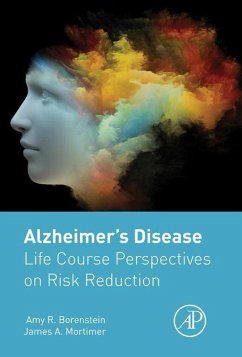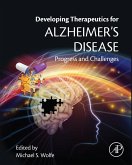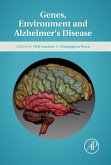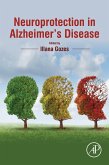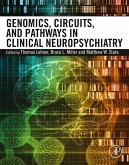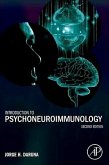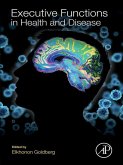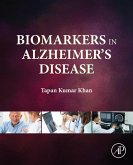Alzheimer's Disease: Lifecourse Perspectives on Risk Reduction summarizes the growing body of knowledge on the distribution and causes of Alzheimer's disease (AD) in human populations, providing the reader with knowledge on how we define the disease and what its risk and protective factors are in the context of a life-course approach.
At the conclusion of the book, the reader will understand why Alzheimer's disease likely begins at conception, then progresses through early-life and adult risk factors that ultimately impact the balance between pathologic insults in the brain and the ability of the brain to modify disease symptoms. In contrast to edited volumes that may have little cohesion, this book focuses on an integrated life-course approach to the epidemiology of dementia, in particular, Alzheimer's disease.
At the conclusion of the book, the reader will understand why Alzheimer's disease likely begins at conception, then progresses through early-life and adult risk factors that ultimately impact the balance between pathologic insults in the brain and the ability of the brain to modify disease symptoms. In contrast to edited volumes that may have little cohesion, this book focuses on an integrated life-course approach to the epidemiology of dementia, in particular, Alzheimer's disease.
- Reviews the current science surrounding Alzheimer's disease
- Provides a primer of foundational knowledge on the disease's epidemiology and biostatistics
- Utilizes a life-course approach, providing a novel and integrated view of the evolution of this illness from genes to brain reserve
- Uses the 'threshold model'-a theory first described by Dr. Mortimer and widely accepted today-which incorporates the idea of risk factors for the pathology and expression of the disease
- Proposes that improving brain health through modifiable behaviors can delay disease onset until a later age
- Examines the future of prevention of Alzheimer's disease, a subject of great current interest
Dieser Download kann aus rechtlichen Gründen nur mit Rechnungsadresse in A, B, BG, CY, CZ, D, DK, EW, E, FIN, F, GR, HR, H, IRL, I, LT, L, LR, M, NL, PL, P, R, S, SLO, SK ausgeliefert werden.

